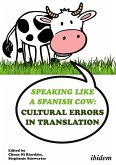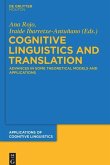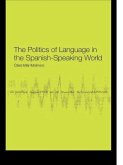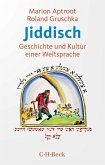
Broschiertes Buch
Auflage
30. September 2019
ibidem
9783838212562

25,99 €
inkl. MwSt. und vom Verlag festgesetzt.
Sofort per Download lieferbar
eBook, PDF
25. September 2019
ibidem
Ähnliche Artikel

28,99 €
Versandfertig in 1-2 Wochen

Broschiertes Buch
9., überarb. Aufl.
14. September 2020
Narr Francke Attempto / UTB
3520

19,99 €
Versandfertig in 6-10 Tagen
Broschiertes Buch
Advances in Some Theoretical Models and Applications
1. Auflage
20. Juni 2016
De Gruyter

Broschiertes Buch
Kleines Lexikon deutscher Wörter lateinischer Herkunft
2. Aufl.
23. Januar 2024
Beck

Broschiertes Buch
From Colonization to Globalization
25. Mai 2000
Routledge




Broschiertes Buch
Ein Bilderbuch aus dem Irrgarten der deutschen Sprache
16. Aufl.
27. August 2007
Kiepenheuer & Witsch
4000746

Ähnlichkeitssuche: Fact®Finder von OMIKRON
